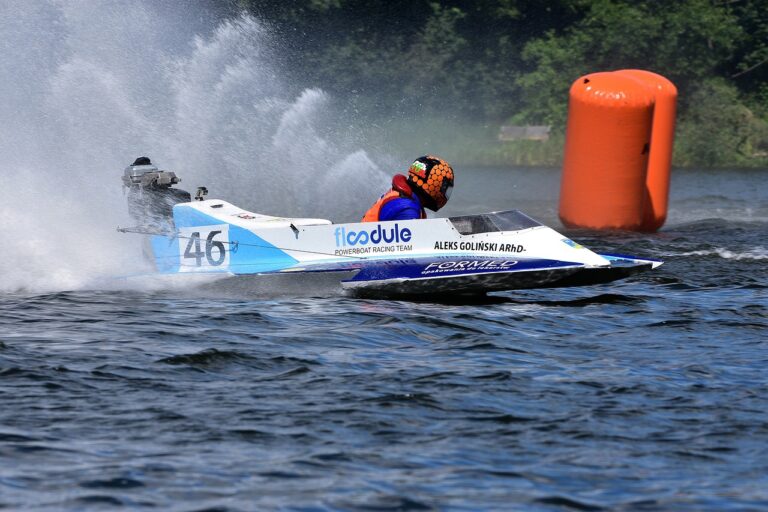Sustainable Water Management Practices in IPL Stadiums: Silverexch.com, Goldenexchange, Betbook247.com
silverexch.com, goldenexchange, betbook247.com: IPL stadiums host thousands of cricket fans during the season, leading to high water consumption. Sustainable water management practices in these stadiums have become crucial to reduce water wastage and promote environmental sustainability. Let’s explore some innovative ways in which IPL stadiums are implementing sustainable water management practices.
1. Rainwater Harvesting:
Many IPL stadiums have installed rainwater harvesting systems to capture and store rainwater for various uses. This helps in reducing dependence on freshwater sources and conserving water resources.
2. Greywater Recycling:
Greywater recycling systems are being adopted in IPL stadiums to treat and reuse water from sinks, showers, and kitchens for non-potable purposes like irrigation and toilet flushing. This helps in saving fresh water and reducing wastewater discharge.
3. Low-flow Fixtures:
Installing low-flow fixtures such as faucets, toilets, and urinals in washrooms can significantly reduce water consumption in IPL stadiums. These fixtures are designed to minimize water usage without compromising performance.
4. Artificial Turf:
Some IPL stadiums are switching to artificial turf instead of natural grass to minimize water requirements for maintaining the playing field. Artificial turf is designed to be more water-efficient and requires less maintenance compared to natural grass.
5. Xeriscaping:
Xeriscaping involves landscaping with drought-resistant plants that require minimal water. IPL stadiums are incorporating xeriscaping techniques in their surroundings to reduce outdoor water usage and promote sustainable landscaping practices.
6. Water Monitoring Systems:
Implementing water monitoring systems in IPL stadiums helps track water usage in real-time and identify areas where water conservation measures can be implemented. These systems enable efficient management of water resources and help in reducing wastage.
7. Education and Awareness:
Promoting water conservation awareness among staff, players, and fans is essential for the success of sustainable water management practices in IPL stadiums. Conducting educational campaigns and workshops can encourage everyone to be mindful of their water usage.
8. Reuse of Cooling Water:
Cooling systems in IPL stadiums generate a significant amount of wastewater. By implementing technologies to treat and reuse this cooling water, stadiums can reduce their water footprint and contribute to sustainable water management.
9. Drip Irrigation Systems:
Using drip irrigation systems for watering the playing field and landscaping in IPL stadiums helps deliver water directly to the plant roots, minimizing evaporation and ensuring efficient water usage. This method is more water-efficient than traditional sprinkler systems.
10. Water-Efficient Landscaping:
Designing landscapes with native, drought-resistant plants and using mulch to retain soil moisture can help reduce water requirements for maintaining green spaces in IPL stadiums. Water-efficient landscaping practices play a crucial role in sustainable water management.
In conclusion, sustainable water management practices in IPL stadiums are essential for conserving water resources, reducing water wastage, and promoting environmental sustainability. By implementing innovative technologies and promoting water conservation awareness, these stadiums can lead by example in adopting sustainable practices for a greener future.
FAQs:
Q: Are sustainable water management practices cost-effective for IPL stadiums?
A: Yes, sustainable water management practices can lead to long-term cost savings through reduced water bills and operational expenses.
Q: How can fans contribute to water conservation efforts in IPL stadiums?
A: Fans can support water conservation by using water responsibly in washrooms, avoiding littering that can affect water bodies, and spreading awareness about sustainable water management practices.
Q: What are some challenges faced in implementing sustainable water management practices in IPL stadiums?
A: Some challenges include initial investment costs, lack of awareness about water conservation, and the need for continuous monitoring and maintenance of water-saving technologies.







